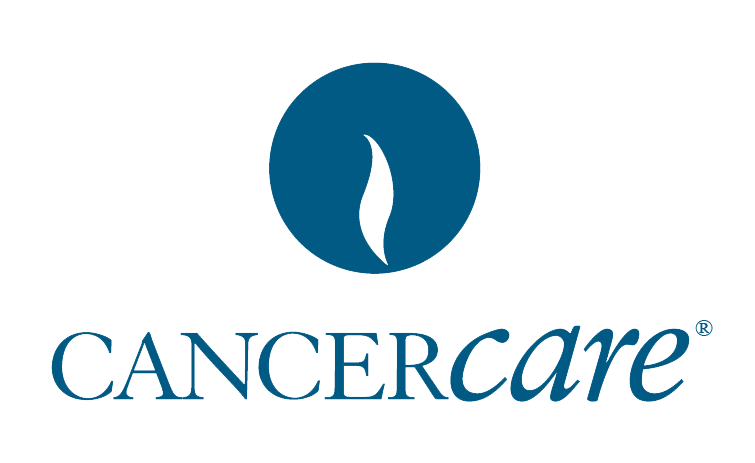
Supporting Mental Health and Autonomy for Older Adults With Cancer

Explore essential mental health support strategies for older adults with cancer, addressing grief, community resources, and tailored care approaches.
According to the National Cancer Institute, the median age of a cancer diagnosis is 67 years.1 Older adults make up a significant proportion of people diagnosed with cancer, and understanding psychosocial issues facing the older adult population is essential to treating the whole person.
Older adults often navigate many changes in the aging process that can impact their mental health. The aging process involves unique challenges, particularly around grief. Older adults may experience increased losses, and these changes may impact relationships, identity, autonomy, and connection. In navigating this, older adults can be at an increased risk for mental health challenges.2 It is crucial that providers are aware of the challenges older adults face and the resources to help support this population.
Grief in Older Adulthood
Older adults may experience grief in many areas of their lives. This can include the loss of family members, friends, or others they once leaned on for support and connection. Older adults may find that those in their age group are dealing with their own medical challenges or confronting their own mortality. It is important to be aware of the grief that frequently accompanies loss and how grief can increase feelings of loneliness and sadness.2
Other life changes such as retirement, which many view as a positive change, can come with mixed emotions. Careers often provide an individual with a sense of purpose, providing meaning to one’s life, as well as a sense of autonomy. Therefore, the shift to retirement may be particularly challenging. Lastly, physical and cognitive decline due to chronic illness or aging can lead to the loss of independence and feelings of decreased autonomy, increasing the risk of depression.3
Tools for Tailored Care
Recognizing that older adults may be grieving more frequently or facing new physical challenges is important. Medical professionals should educate patients on the value of the comprehensive geriatric assessment. This tool can be used to better understand the needs of an older adult and help tailor care to ensure the client is being treated thoroughly. The comprehensive geriatric assessment incorporates a multidisciplinary team to evaluate an older adult’s physical health and mental well-being.
The assessment includes medical and physical evaluation, cognitive and functional assessment, social and environmental assessment, nutritional review, and mental health assessment. The comprehensive geriatric assessment can help providers create personalized care plans to help meet patients’ unique needs, managing health challenges and improving quality of life and independence.4
Building Community and Connection
Community resources such as the Area Agency on Aging (AAA) can serve as a resource for older adults. These were established in 1973 with the re-authorization of the Older Americans Act.5 The goal of the AAA is to help older adults live with dignity and continue to live independently. To that end, they service specific geographical areas, providing resources for older adults at the regional and local levels.
This program can help locate older adult centers, which may help reduce feelings of isolation. These centers provide activities and opportunities for older adults to congregate, decreasing loneliness. They can often provide practical resources such as case management, home care, home-delivered meals, legal services, caregiver support, and more.
Lastly, discussing the benefits of therapy and helping older adults get connected to a licensed clinical social worker or therapist may be beneficial. Not only are older adults experiencing significant changes, but they may also be engaging in a life review as they reflect on their past. This idea originated with Erik Erikson and his theory of the 8 stages of human development.6 Typically, from around 65 years and onward, Erikson proposed that individuals reflect on and evaluate their lives, choices, achievements, and regrets. Erikson believed that in this stage of life, one either achieved a sense of integrity or despair. Therefore, therapeutic support for older adults who are reflecting on life choices, regrets, accomplishments, and failures can be of the utmost importance.
Health care professionals should be aware of potential grief and mental health concerns impacting older adult clients. Instruments such as the comprehensive geriatric assessment offer a standardized approach for the health care team to address the needs of older adults. Community-based organizations such as the AAA can help decrease isolation and connect older adults to services in their area. Lastly, mental health professionals, such as therapists or licensed clinical social workers can help support older adults through one-on-one psychosocial support. These approaches work within multiple systems to sustain and foster mental health, self-determination, and dignity among older adults.
References
- Age and cancer risk. National Cancer Institute. Updated May 2, 2025. Accessed July 30, 2025. https://www.cancer.gov/about-cancer/causes-prevention/risk/age
- Loneliness & isolation in older adulthood. Center for Loss and Bereavement. Accessed July 30, 2025. https://bereavementcenter.org/project/loneliness-isolation-in-older-adulthood/
- Depression and older adults. National Institute on Aging. Updated February 5, 2025. Accessed July 30, 2025. https://www.nia.nih.gov/health/mental-and-emotional-health/depression-and-older-adults
- Elsawy B, Higgins KE. The geriatric assessment. Am Fam Physician. 2011;83(1):48-56.
- Our history. US Aging. Accessed July 30, 2025. https://www.usaging.org/content.asp?contentid=1275
- Sampath S. Psychosocial stages of development. In: Sampath S. The Encyclopedia of Cross-Cultural Psychology. John Wiley & Sons, Inc; 2013:1055-1060.
Newsletter
Knowledge is power. Don’t miss the most recent breakthroughs in cancer care.


































